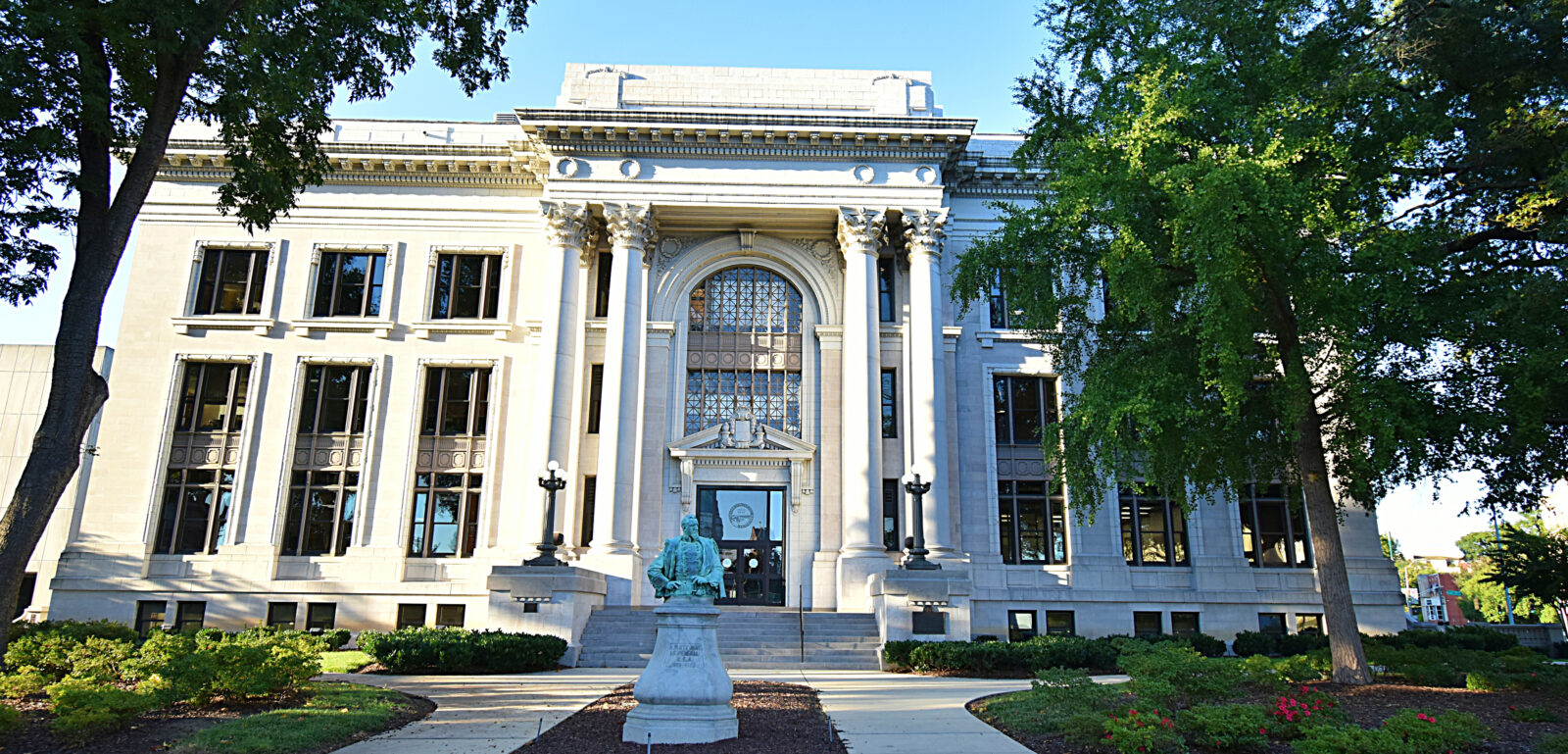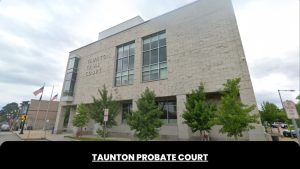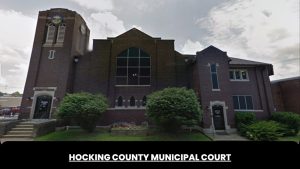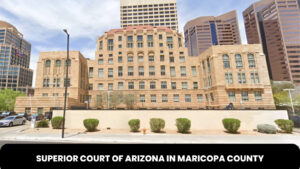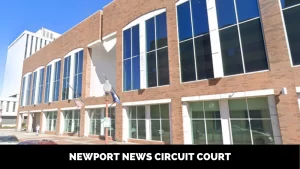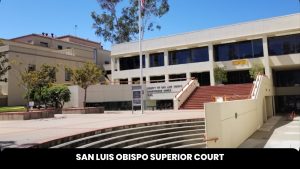Hamilton County General Sessions Court – Civil Division
Time
Working Hours:
mon-fri
8am-5pm
Saturday: closed
Sunday: closed
Connect with a Attorney
Overview of Hamilton County General Session Court
History and Background
The Hamilton County General Session Court is located in Chattanooga, Tennessee and handles misdemeanor criminal cases as well as civil cases with claims up to $25,000. The court was established in 1970 when Hamilton County adopted a home rule charter form of government. Prior to this, the city operated under a commission form of government with city and county governments combined.
The General Session Court hears cases from across Hamilton County. There are five elected General Session Court judges who serve eight-year terms. The jurisdiction and powers of Hamilton County General Session Court are granted by Tennessee state law.
Hamilton County General Sessions Court – Civil Division
The Hamilton County General Sessions Court – Civil Division is a lower court that handles certain civil lawsuits and small claims cases. It provides Hamilton County citizens with an accessible and affordable option for resolving legal disputes without needing to go to Circuit Court. This article will provide an overview of the court’s history, jurisdiction, operations, the civil litigation process, and how to appeal decisions.
Jurisdiction and Powers
Hamilton County General Session Court has jurisdiction over both criminal and civil cases originating within Hamilton County.
On the criminal side, the court hears misdemeanor cases only. This includes things like DUI, simple possession of marijuana, petty theft, vandalism, assault, and other misdemeanors. Criminal cases are prosecuted by the Hamilton County District Attorney’s office.
For civil cases, the court can hear lawsuits involving claims up to $25,000 in damages. Common civil suits include things like landlord-tenant disputes, small claims over property damage or consumer issues, and recovery of debts.
The General Session Court judges are authorized to set and accept bail/bonds, issue arrest and search warrants, subpoena witnesses, make rulings on pretrial motions, conduct bench or jury trials, and sentence those convicted of misdemeanors.
The General Sessions Court – Civil Division has authority to hear civil lawsuits involving claims up to $25,000. This includes cases such as:
- Debt and contract disputes
- Landlord/tenant issues
- Small claims lawsuits
- Traffic violations
- Minor personal injury cases
However, the court does not have jurisdiction over certain matters like libel/slander, false imprisonment, malpractice, title to real estate, or equitable remedies. These types of cases must be filed in Circuit Court instead.
Court Organization and Staff
Hamilton County General Session Court is part of the judicial branch of county government. The five elected General Session Court judges serve as the judicial officers of the court. There is also a General Sessions Court Clerk who is responsible for administration of the court.
Under the judges and court clerk, there are deputy court clerks, bailiffs, court reporters, process servers, and other support staff that keep the court operating efficiently. The District Attorney’s office has its own set of prosecutors and staff attorneys assigned to handle misdemeanor criminal cases.
On the civil side, plaintiffs and defendants may choose to be represented by private attorneys or represent themselves pro se if they meet financial eligibility guidelines.
Typical Cases and Proceedings
The majority of cases heard by Hamilton County General Session Court are misdemeanor crimes such as DUIs, simple drug possession, petty theft, vandalism, and assault. For criminal cases, proceedings include arraignments, pretrial hearings, plea deals, trials, and sentencings.
On the civil side, typical cases involve disputes between landlords and tenants, small claims over property damage or faulty workmanship, consumer complaints, debt collection, and breach of contract claims under $25,000. Civil proceedings involve filings, hearings, settlement conferences, and bench trials.
Arraignments and First Appearances
Arrest and Booking Process
The arrest and booking process starts when a person is arrested by police within Hamilton County for a misdemeanor offense. They are brought to the county jail for booking and processing. At booking, the detainee is fingerprinted, photographed, and background information is recorded. For minor offenses, the person may be able to bond out or be released on their own recognizance.
Initial Appearance
Within 72 hours of the arrest, the accused will appear before a General Session Court judge for an initial appearance. At this hearing, the judge advises the defendant of their rights and charges against them. Bail/bond options are considered. If charges are inappropriately severe, the judge may reduce or dismiss charges at initial appearance.
Arraignment Hearing
The next step is the arraignment hearing where formal charges are presented by the prosecutor. The defendant enters their “plea” at arraignment – usually not guilty. The judge reviews bail terms and may alter bond conditions. If a plea deal is reached, this may occur at the arraignment stage.
Bail and Bond
For misdemeanors, judges have discretion over bail and bond terms. Factors considered are severity of charges, criminal history, employment, and community ties. Common options are release on recognizance, unsecured bond, cash bond, or bail bond through a bondsman. Conditions like alcohol monitoring or stay away orders may be added.
Trials and Hearings
Bench Trials vs Jury Trials
Misdemeanor charges in General Session Court can be resolved through bench trials or jury trials. In a bench trial, the judge serves as fact finder and renders the verdict. For a jury trial, the defendant has the option of having a jury of peers decide guilt or innocence. Jury trials follow more extensive procedures.
Pretrial Hearings
Pretrial hearings may be scheduled to resolve evidentiary issues, consider dismissal or plea deals, or determine readiness for trial. Things like suppression of evidence or statute of limitations can be argued at pretrial hearings.
Trial Process and Procedure
The trial process begins with jury selection for jury trials. The prosecutor gives their opening statement, followed by the defense. Witnesses are called and physical evidence is submitted, subject to objection. After closing arguments, the jury or judge deliberates and delivers the verdict.
Sentencing Hearings
If found guilty at trial, a sentencing hearing is held at a later date. For minor misdemeanors, this may occur immediately after trial. The judge will consider arguments from both sides regarding sentencing. Options are fines, probation, community service, diversion programs, or jail time up to 11 months 29 days.
Appealing a Decision
Grounds for Appeal
Parties who lose at trial can appeal the verdict to Circuit Court within 10 days. However, the grounds for appeal are limited. Filing an appeal does not automatically grant a new trial.
The Appeals Process
To start an appeal, the appellant files a notice with the Sessions Court clerk, then pays a bond to cover court costs. The Circuit Court will then schedule oral arguments so both parties can explain their positions. Ultimately, the Circuit Court judge will decide whether to uphold or overturn the Sessions Court’s ruling.
Resources and Information
Court Records and Documents
Court records like the calendar, case documents, and verdicts can be researched online using the Hamilton County General Session Court records portal. Individuals can also request records through mail or in-person at the court clerk’s office.
Legal Assistance and Representation
The Chattanooga Bar Association and Chattanooga Legal Aid offer legal services for those who cannot afford a private attorney. Defendants or civil litigants can also choose to represent themselves pro se if they meet financial eligibility.
Paying Fines and Fees
Fines and court fees can be paid online through the court portal or in-person at the court clerk window. The court accepts cash, checks, credit/debit cards and money orders. Time payment plans may be arranged with the court clerk.
Court Locations and Contact
The Hamilton County General Session Court is located at the Hamilton County-Chattanooga Courts Building, 1000 Lindsay St., Chattanooga, TN 37402. The court clerk can be reached at (423) 209-7500. More info is available on the court website.
Conclusion
In summary, Hamilton County General Session Court plays an important role in the local justice system by adjudicating misdemeanor crimes and lower value civil cases. The court provides due process and a resolution mechanism for legal issues that affect residents across the county. Understanding the court’s powers, operations, and processes allows citizens to navigate the system and advocate for their rights effectively.
FAQs
How do I request a jury trial? You must submit a written demand for a jury trial at least 10 days before the trial date. There is a $50 jury trial fee.
Can I represent myself in General Sessions Court? Yes, you may represent yourself pro se but it is advisable to seek legal counsel if possible. The court clerk can provide forms and guidance.
What happens if I miss my court date?
Missing your assigned court date can result in additional charges for failure to appear and forfeiture of bail. Notify the court immediately and request a new date.
How can I resolve a warrant from General Sessions Court? Voluntarily appear at the Justice Building jail intake to be booked on the warrant. Hire an attorney to help negotiate resolving the charges that led to the warrant.
What kind of cases cannot be heard in General Sessions Court?
Felonies, capital crimes, workers compensation, juvenile cases, and civil claims over $25,000 cannot be heard in Hamilton County General Session Court.
How long do Sessions Court trials usually last?
Most trials are completed within 1-2 hours since the cases tend to be more straightforward legally and factually compared to Circuit Court cases.
Can I postpone my trial date?
Postponements are only granted for extraordinary reasons. You must file a written motion explaining why a postponement is absolutely necessary.
Should I hire an attorney for my Sessions Court case?
Having legal counsel is always advisable but not required. Simple cases can sometimes be navigated successfully without an attorney.
What is the maximum amount I can sue for?
The court’s jurisdiction caps civil claims at $25,000. Anything above that threshold must be filed in Circuit Court.
Can I have a jury trial in General Sessions Court?
No, all trials are bench trials heard only by the appointed judge. Jury trials are only available in Circuit Court.

